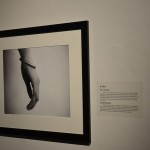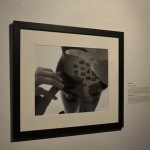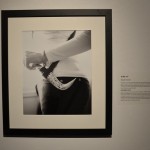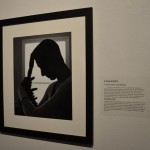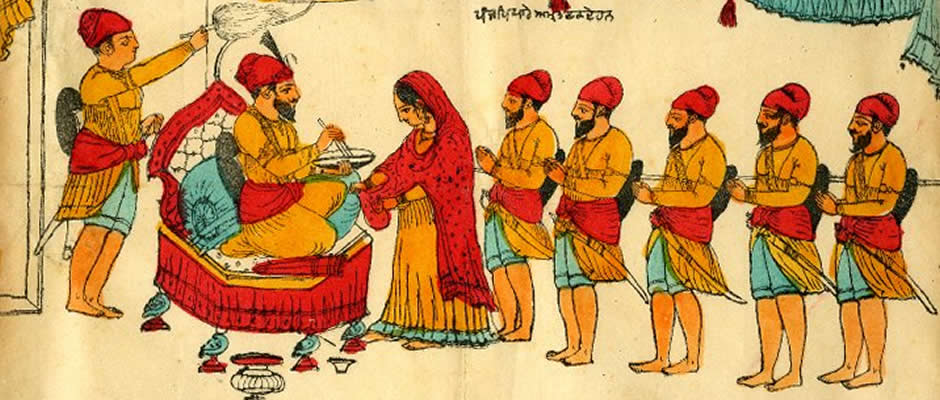(Mis)Interpretation — Sikh Feminisms in Representations, Texts, and Lived Realities, was a multimedia exhibition that featured the photographs and video of artists Suvi Bains and Rishma Johal, the analysis of Sikh scholar Nikky-Guninder Kaur Singh, and perspectives of eight local Sikh women. It was an exhibition that ran from September 29 to October 20, 2015 at the University of the Fraser Valley’s Abbotsford campus and looked at how Sikh women’s Sikh identity is integral to their feminist world view.
“The integration of Sikhism and feminism is a very nascent area of discourse,” said Satwinder Bains, director of the University of the Fraser Valley Centre for Indo-Canadian Studies. “This project is a local response to our communities about what it is like to live as South Asian Sikh women in what can sometimes feel like double lives. We have our conscious, daily interactions in mainstream society, and also our subconscious, through which religion, community, gender, and race shape our identity.”
“We wanted to create this venue and space as a place to have a safe discussion, challenge notions of femininity and feminism, and look at how different generations interpret Sikh identity. We hope to inspire some ‘Aha!’ moments and spark dialogue. Sikh feminist thought is a small field, and we want to contribute to it.”
Suvi Kaur Bains’s photographic interpretations of the 5 kakars:
Sharanjit Sandhra, coordinator of the Centre for Indo-Canadian Studies, said that the time was ripe for Sikh women to add their perspective on interpretations of Sri Guru Granth Sahib Ji.
“This show will reflect our norm, our lived reality. Traditionally, most interpretations of the Sikh faith have been very male-centric. Traditionally the holy scriptures were interpreted by men because women were not educated, or permitted access to them. But the scriptures belong to all of us, and we have our own thoughts and feelings about how to live according them.”
Risham Johal directed a film, Daily Engagement (below) , that was projected in the gallery. “It was based on a very personalized understanding of Sikhi,” she said. “It was based on my interpretation of spirituality, particularly based on our interactions with the environment, and daily lived experiences.”
“As a Sikh feminist much of what Sikhism means to me is informed by what the women in my life have taught me from a young age. Being a Sikh allows me to connect my culture, language and values with the work that I am pursuing in my community and to appreciate the crucial role Sikh women play in the lives of their families,” said Meena Bolla.
For more information, you can view the media page for the event. It includes a press release, some images, and a CBC Radio interview Centre for Indo Canadian Studies Director, Satwinder Kaur Bains. For photos of the event, by Suvi Kaur Bains click here.


